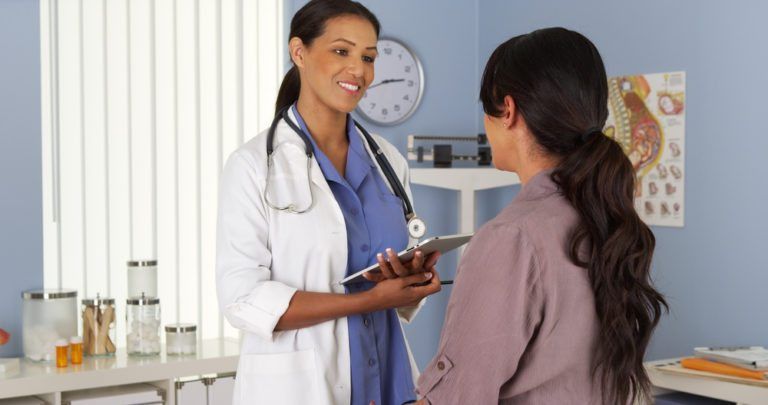Womens Health – Gyn Exams

Annual gynecological exams are preventative tools available to help women identify and treat complications that pose a threat to their health as early as possible. By getting annual exams, women can also learn to maintain a healthy lifestyle and adopt habits that facilitate long-term health. Exams for women often screen for sexually transmitted diseases and include the administration of vaccinations for common diseases like HPV, hepatitis, and the flu. As women age, annual exams may also include discussions about using hormone supplementation to manage the symptoms of, as well as the use of supplements to prevent osteoporosis.
Did you know…
that your annual gynecological exam is an excellent opportunity to discuss family planning with your doctor? Your gynecologist can offer fertility counseling, as well as education about ovulation and improving your chances of conception. If you are not yet ready to start a family or are finished having children, you can speak with your gynecologist about your options for birth control.
Frequently Asked Questions
Should I get an annual gynecological exam?
The American College of Obstetricians and Gynecologists recommends that you begin getting breast health exams at age 19 and annual pelvic exams with pap smears at age 21. Once your reach age 30, you will still need breast and pelvic exams each year but may space pap smears every two years so long as all previous pap smears have been normal.
What should I expect during my annual exam?
Your annual exam will begin with an assessment of your weight and blood pressure, as well as a discussion of any symptoms or health changes you may have experienced since your last visit. Your gynecologist will palpate your breasts to check for lumps or unusual changes to breast tissue. The pelvic exam will also include a manual and visual examination of the cervix, uterus, and vagina. If you are getting a pap test, your doctor will swab your cervix to check for the presence of abnormal cells.
Will I need to follow any special instructions after my exam is complete?
Your gynecologist will advise you on any changes you may need to make following your exam. For example, you may be advised to modify your diet, exercise habits or the types of supplements you should be taking each day.
